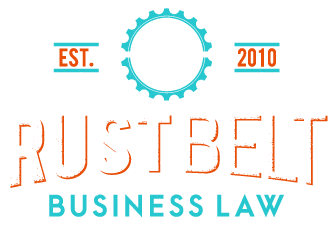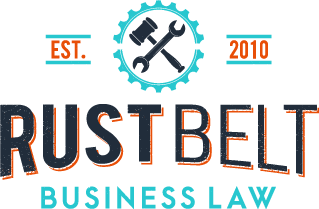Before selling any investment property, consider a 1031, or "like kind" exchange. A 1031 exchange can defer tax liability on a sale, potentially saving thousands of dollars. In order to take full advantage of the tax deferral benefits of a 1031 exchange, consult a financial advisor before any sale of investment property.
Section 1031 of the Internal Revenue Code provides a mechanism in which capital gains taxes on the sale of investment property may be deferred if the owner purchases another property within a specified period of time. Once applied to both personal property and real estate, the 1031 exchange regulations now apply only to real estate. See the IRS regulations here. Before selling any investment property, you should know some important information about 1031 exchanges.
- If you are not looking to liquidate assets, why sell an investment property in a 1031 exchange?
- You may have found a property with a better earning capacity.
- You may consolidate several properties in to one easier to manage asset.
- You may be able to avoid the recapture of depreciation on a fully or almost fully depreciated property.
- What kind of property will qualify for a 1031 exchange?
- Only real estate qualifies, but the properties need not be identical in nature. For example, an apartment building may be exchanged for a convenience store.
- Must the exchange be immediate?
- Since it is unlikely that you will find a seller who wants to exchange one piece of property for another, IRS regulations allow for three-party exchanges, and allow for a delay between selling one asset and purchasing another. The proceeds from the sale of the first property must be transferred to a qualified intermediary, who will hold the money until a suitable exchange property is located.
- The replacement property must be identified within 45 days of the sale.
- More than one replacement property may be identified, as long as one of them is eventually purchased.
- The closing on the replacement property must take place within 180 days.
- The qualified intermediary will transfer the proceeds to the seller of the replacement property. Any proceeds remaining after the purchase of the replacement property will then be transferred to you, and will be taxable immediately as capital gains.
- Who may qualify as an intermediary?
- Anyone who is not involved in the exchange may act as a Qualified Intermediary. Typically, qualified intermediaries are attorneys, accountants, banks, and real estate agents or real estate brokers.
- Can a vacation home qualify for a 1031 exchange?
- There are some circumstances in which a vacation home may be converted to investment property and qualify for a 1031 exchange, but it is important to talk to an advisor who is familiar with all of the requirements that must be met in order for the property to qualify.
Call an Expert
Before selling your investment property, talk to an accountant or business attorney who can discuss in more detail the potential advantages of a 1031 exchange. Visit Rust Belt Law at https://www.eriebusinesslaw.com/ or call (814) 315-9255 to arrange a consultation.



